Not having essential household goods often becomes a real and practical barrier that prevents a survivor from leaving an abusive relationship.
Together we can
Ongoing support for survivors
Even when individuals gather up the immense courage it takes to flee an abusive relationship and, if they are lucky enough to be re-housed by the authorities, there is a strong possibility that they will not get the financial support required to furnish that property with even the most basic of household goods which are a necessity in order to have a functioning home.
The prospect of an empty property with no furniture, washing machine, or even a cooker to prepare food, leaves those in abusive relationships and households trapped in their situations due to being reluctant to leave for a property which is bereft of any household amenities.
Often, the person fleeing an abusive situation is not alone but has responsibility for children within the household who must be removed from that situation for their own safety.
This creates a predicament where leaving the abusive relationship means going into a property where it is impossible for the day to day household functions to be carried out and hence being unable to provide an adequate dwelling for themselves or their children.
The same quandary also leads to survivors who have left their homes staying in refuges for extended periods rather than moving into their own properties.
We can see that, due to a lack of financial capital or support to buy household goods, how survivors of domestic abuse are being forced back into their previous situations.
Nested provide essential household good to these vulnerable individuals who would otherwise be trapped in a damaging and dangerous cycle of abuse. We also provide a range of supportive services for survivors, giving long-term hope and encouragement when they need it most.
To see how we make a difference, take a look at our impact here.
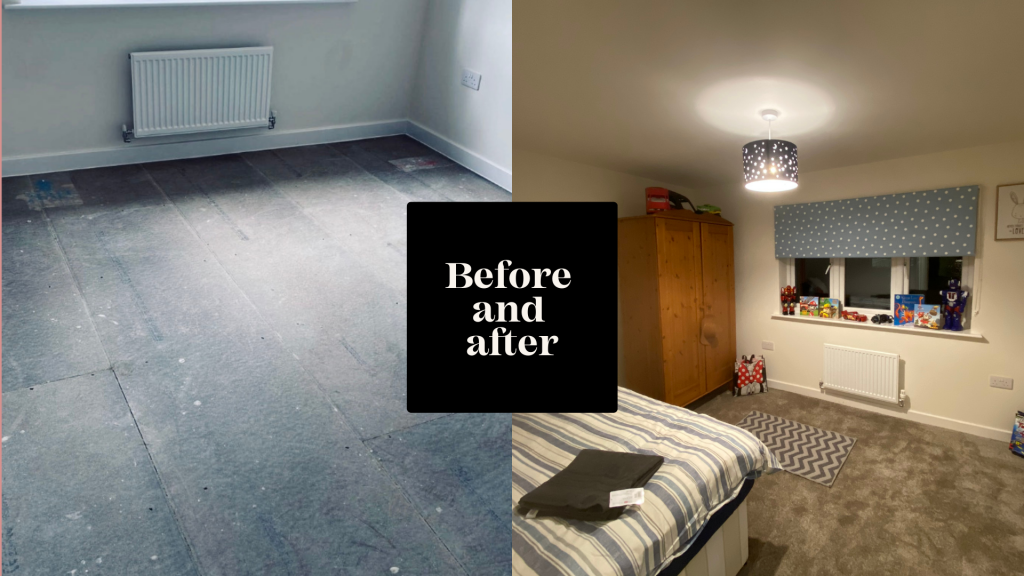
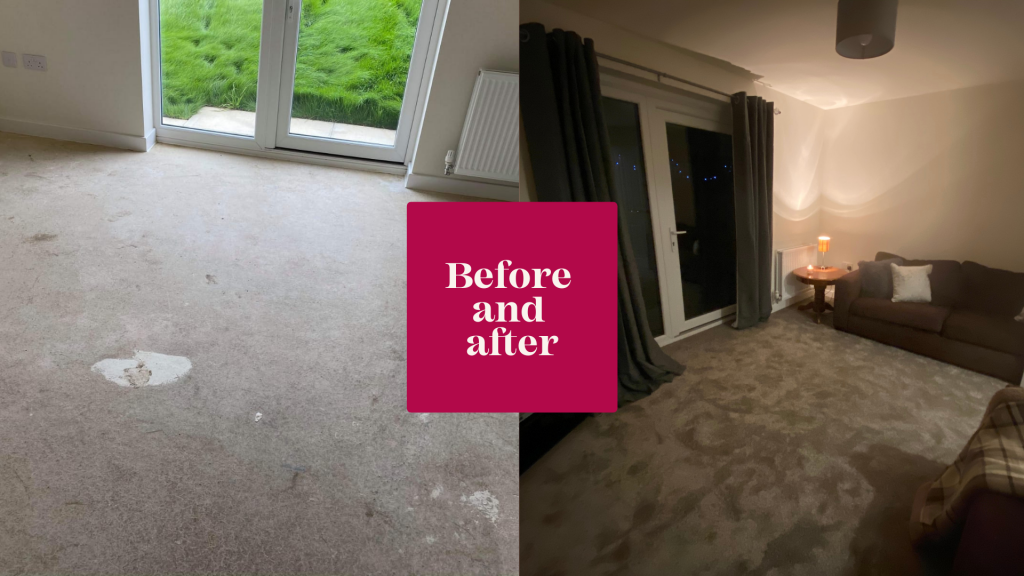
Educational and Recovery Resources
Our selection of resources for children who are survivors of domestic abuse, Nested Together, focus on their recovery and wellbeing. Our resources are also an aid to parents and carers and children who may be experiencing domestic abuse. They also aim to promote inclusive spaces, kindness, equality and diversity, challenging negative gender based beliefs and post colonial perspectives. Take a look at our approach to education below.

Our Approach
We have an actionable three pronged approach to creating awareness of domestic abuse, its prevention and building communities of ongoing support for survivors.

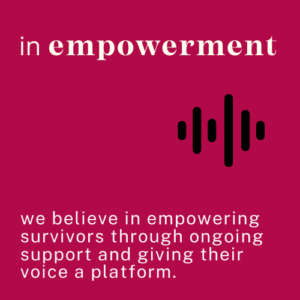
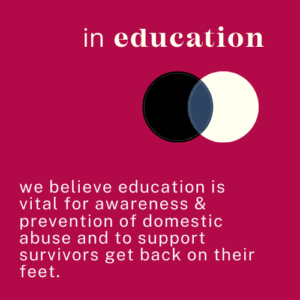
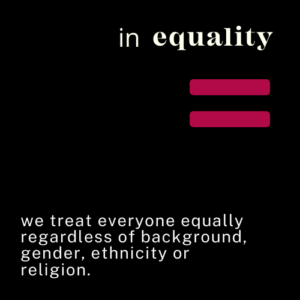
Empowerment After we help survivors of domestic abuse settle into a new home with a fresh start, we also offer long term supportive services to empower.
Education We believe that education plays a key agent in breaking the cycle of domestic abuse.
There are many school-based interventions across the UK addressing the problem of domestic abuse. They look at such issues as changing gender-based attitudes and beliefs, challenging assumptions around gender and power.
However, one area we are focusing on is why once these programs are implemented, ownership tends to vary between UK schools, highlighting problems with the long-term sustainability of such work. We are asking why this is and how we can help.
Our approach in planning, designing and implementing educational programs
> We aim to reposition children who have been exposed to domestic abuse as a survivor in their own right. By listening to the voices of children coming from these situations, giving their voice a platform and creating child-centred services, we can better understand how to deliver education and resources that tackle the scale of problem. Their voice is a much needed powerful agent of change.
> Our educational resources and programs are founded in Global Learning which is a dialogic and inclusive pedagogy. Every child has their own unique background and experience which forms their own narrative, rather than a ‘top down one fits all’ approach to educational interventions, we place children and their experiences at the centre. This creates a better chance of ownership and long term sustainability of educational interventions. It also creates an environment to dismantle the legacy of misogyny.
We incorporate SDG 4.7 Global Citizenship Advocacy – The knowledge, skills, values and attitudes required by citizens to lead productive lives, make informed decisions and assume active roles locally and globally in facing and resolving global challenges, such as domestic abuse. In line with this we design our resources with opportunities to master Global Skills such as critical thinking and digital literacy.
Our selection of resources for children who are survivors of domestic abuse, Nested Together, focus on their recovery and wellbeing. Our resources are also an aid to parents and carers and children who may be experiencing domestic abuse. They also aim to promote inclusive spaces, kindness, equality and diversity, challenging negative gender based beliefs and post colonial perspectives.
For more information on our approach to education and resources, you can email [email protected].
Equality We believe in treating everyone with kindness no matter the background, gender, pronouns, religion or lack there of, ethnicity or sexual orientation.
Domestic abuse is not prejudice, it can happen to anyone. Domestic abuse treats everyone equally.
We are absolutely all for women and girls empowerment and ending the violence against women, but we are also equally here for men and boys and non-binary.
We also believe in shifting the focus of domestic abuse from women and girls. It is talked about how many women experienced domestic abuse in the last year, but not how many men abused women and girls in the last year. It is stated how many teenage girls were raped in the last month in the UK, but not talk about how many men raped teenage girls.
We see the term ‘violence against women and girls’ as problematic and a construct that is passive which can have a lasting damaging political and socio-economic effect for equality and ending the abuse.
Domestic abuse against women and girls doesn’t just happen. In order to address domestic abuse against women and put a stop to it, we see that the focus needs shift from being on the women and girls and onto the men who do it, and onto the women who do it. The stereotypical image of domestic abuse needs to be replaced with one of equality – domestic abuse doesn’t just happen, it is taught, it is modelled, it is learnt by boys and girls.
Help us reach more people
It’s only with your help that we can continue to help survivors of domestic violence get s fresh start in a new home away from their abuser.
Families with children fleeing domestic violence have to leave all of their belongings behind and run for their lives.
Let’s make sure they are not only safe, but in a home.
